TrackSafari 1
To those of you who wonder: I know well how blessed I am to live where I can just walk out the door and discover something, whenever I wish. Life gets in the way, and it has lately, but just knowing the woods are waiting for me is such a comfort. Snow is a dual blessing, because all my neighbors leave tracks, and I get to find out who's come around in the last day or so. It staggers me how many animals are out there. So come with me on a little track hike, just an hour of puttering around in the field and woods. I found so much in that hour I'll have to split it into three posts. The trick, now that Chet's along, is to keep him from overlaying the good stuff with his messy litttle dogprints. Luckily he ranges in ever-widening orbits out to the side, while I stick to the trail, where most of the tracks go. Everyone likes my cut paths; everyone uses them. Makes it nice for them; they don't get poked in the eye with twigs and briars. Makes it nice for me: I get to see the signs of their coming and going. I really, really want a remote wildlife camera. Imagine the pictures we'd get! Here's just a sampling:
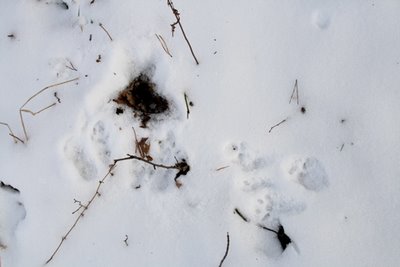 A gray squirrel goes unerringly to the spot where it buried an acorn last fall, digs it up and has a meal. Could you find it, under snow? Would you remember where you buried each of hundreds of acorns, under two inches of fresh snow? They're even smarter than they look.
A gray squirrel goes unerringly to the spot where it buried an acorn last fall, digs it up and has a meal. Could you find it, under snow? Would you remember where you buried each of hundreds of acorns, under two inches of fresh snow? They're even smarter than they look.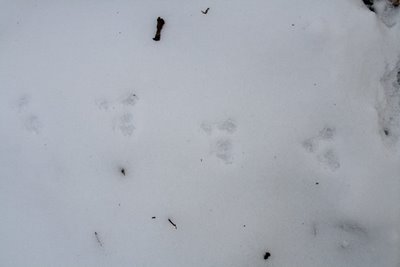 A white-footed mouse or meadow vole hops quickly across the crusty snow. Boing boing boing boing. Mice are always in a hurry, because they are so tasty.
A white-footed mouse or meadow vole hops quickly across the crusty snow. Boing boing boing boing. Mice are always in a hurry, because they are so tasty.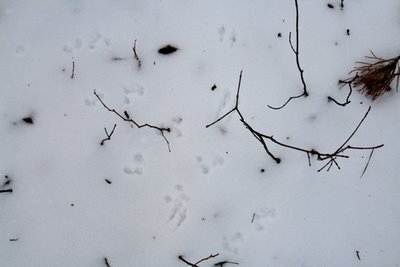 An eastern towhee hops across the white-footed mouse's trail. I'm guessing it's a towhee because it's taking such long leaps, and has long hind toenails.
An eastern towhee hops across the white-footed mouse's trail. I'm guessing it's a towhee because it's taking such long leaps, and has long hind toenails. A junco checks out some grass tops for any seeds that remain. It twiddles and shakes the seedheads to free them, then pecks the seeds out of the snow. I don't realize how much food is out there until it snows, and I can see the evidence of its consumption.
A junco checks out some grass tops for any seeds that remain. It twiddles and shakes the seedheads to free them, then pecks the seeds out of the snow. I don't realize how much food is out there until it snows, and I can see the evidence of its consumption.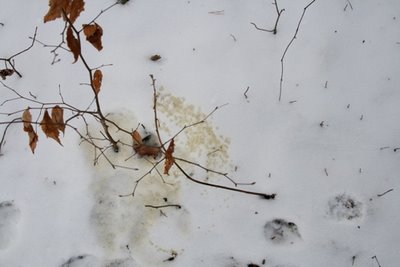 A big male coyote stops to pee on a hapless beechlet, leaving his skunky scent behind. The front pawprints are smeared, because he has most of his weight on them as he hikes his hind leg high.
A big male coyote stops to pee on a hapless beechlet, leaving his skunky scent behind. The front pawprints are smeared, because he has most of his weight on them as he hikes his hind leg high.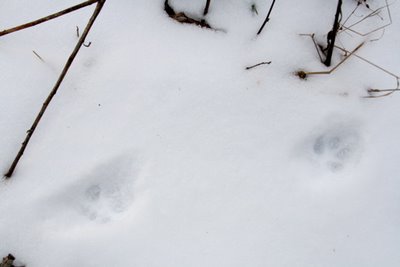 Farther down the meadow, a gray fox looks for mice. These prints are catlike at first glance. I did find housecat prints, but deigned to photograph them. I'd rather forget that housecats hunt these woods. The way I can tell they're gray fox prints is by the way the front toes are stacked in an elongate way--not in a perfectly round circle like a cat's print. The "heel" is hard to see, because it's furry. I painted a gray fox that I watched hunting grasshoppers in this exact spot, for Letters from Eden. It's nice to see there's still one around, with all the coyote sign. Coyotes kill both red and gray foxes, raiding their dens. I have to say that as additive as the songdogs are on autumn nights, I miss my foxes. When we first moved here we frequently saw both red and gray foxes hunting our meadow, carrying mouthfuls of meadow voles to hidden dens. The coyotes took care of that. They do the same thing to foxes that great horned owls do to screech and barred owls: eat them. But it's best to worry about the things that you can change. Which turns out to be not very many things at all.
Farther down the meadow, a gray fox looks for mice. These prints are catlike at first glance. I did find housecat prints, but deigned to photograph them. I'd rather forget that housecats hunt these woods. The way I can tell they're gray fox prints is by the way the front toes are stacked in an elongate way--not in a perfectly round circle like a cat's print. The "heel" is hard to see, because it's furry. I painted a gray fox that I watched hunting grasshoppers in this exact spot, for Letters from Eden. It's nice to see there's still one around, with all the coyote sign. Coyotes kill both red and gray foxes, raiding their dens. I have to say that as additive as the songdogs are on autumn nights, I miss my foxes. When we first moved here we frequently saw both red and gray foxes hunting our meadow, carrying mouthfuls of meadow voles to hidden dens. The coyotes took care of that. They do the same thing to foxes that great horned owls do to screech and barred owls: eat them. But it's best to worry about the things that you can change. Which turns out to be not very many things at all.

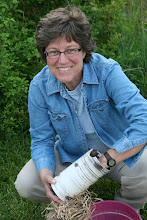

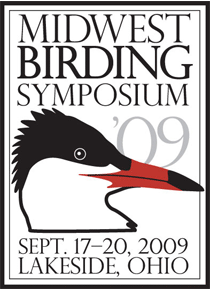
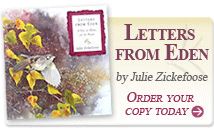

<< Home